Duke of York’s man in Manhattan: the choice of Andrew Brettler is revealing
Andrew Brettler usually defends the reputations of mid-level male actors involved in the tawdrier side of show business. So why did Prince Andrew engage him?
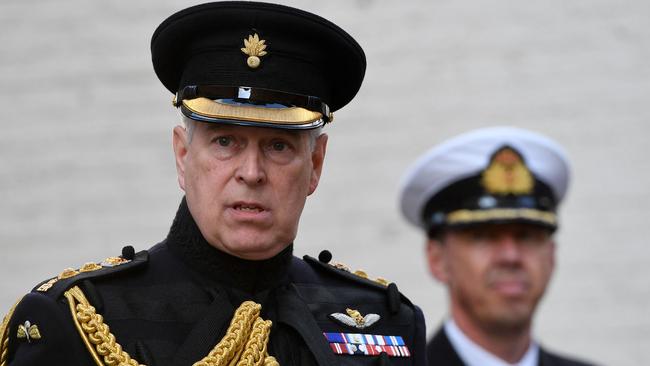
In any big international city there will be lawyers who specialise in being “Mr Fixit” to the rich and famous, or more specifically “Mr Make It Go Away”. In Los Angeles that man is Marty Singer, aka “Mad Dog Marty”, who has guarded the reputations of generations of Hollywood stars — from Arnold Schwarzenegger and John Travolta to Leonardo DiCaprio, and pretty much any red-carpet name you can think of in between — for more than three decades, and more latterly sharing the limelight with one of his mentees, Andrew Brettler.
The choice of Brettler as the Duke of York’s lawyer, defending claims of sexual assault from Virginia Giuffre, is revealing. Prince Andrew is far removed from Brettler’s typical clients, a roster of mid-level, mostly male US actors and comedians who are accused of sexual harassment or worse, with smouldering claims often billowing into forest fires on social media.
Brettler works out of a law practice in a skyscraper in Century City, Los Angeles, with views, if not always a higher perspective, over the big studio lots. For example, the most high-profile of Brettler’s recent work was with Armie Hammer. The American actor this year faced a slew of claims of sexual assault and, in a bizarre twist for a post-Harvey Weinstein public who may have believed themselves unshockable, “cannibalistic fetishism” (these claims Brettler has denied on Hammer’s behalf).
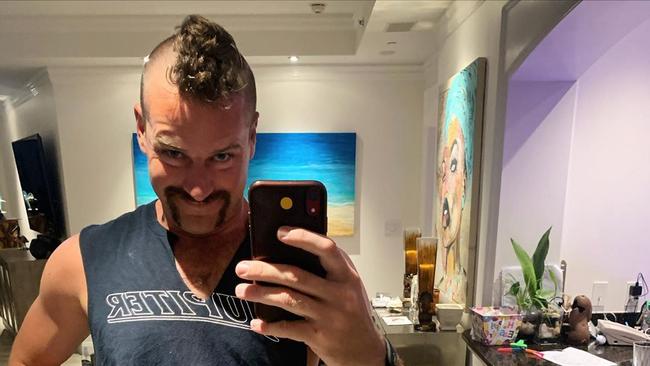
Was it possible to detect, in an interview with Brettler on the rising tide of #MeToo actions, a hint of weariness with the wealthy middle-aged men who, by the way, have also been the making of Brettler’s career?
“You know, the best advice,” Brettler responded in 2018 to a reporter from the American radio outlet NPR, asking for his advice to his clients, “is obviously to not get yourself in a situation where you could be accused of sexual misconduct.”
Prince Andrew is British, he is royal, he has no multibillion-dollar film franchise in the offing or Netflix special at stake. Balmoral is far from Beverly Hills; his double-breasted suits are not Oscar-afterparty-ready. What is he doing hiring someone who is an expert at dealing with the tawdrier side of Tinseltown?
The duke does, however, fit with Brettler’s troubled public client list in many other ways, if you read the royal family as a kind of British Hollywood elite; and Prince Andrew as a rich man who came of age in another era of sexual politics.
In this way Brettler’s rise since the Weinstein watershed in 2017, and what that represents for the changing balance of cases for Lavely & Singer’s Hollywood law firm, set up by Singer and which recruited Brettler as a partner, tells the story of the new difficulty in fighting allegations made against powerful high-profile men.
Once it was not quite easy, but perfectly achievable to make these claims “disappear”. In a Vanity Fair profile of Singer in 2017, significantly written a few months before the Weinstein scandal broke, the headline was “Marty Singer can make any problem go away”, and the article cited the many intimidating or cajoling tactics “Mad Dog” used to make the misdemeanours of his grateful clients vanish. Now, social media has tilted the balance from the few to the many. This mirrors the way the reverence for royalty and similar has seeped away from its subjects.
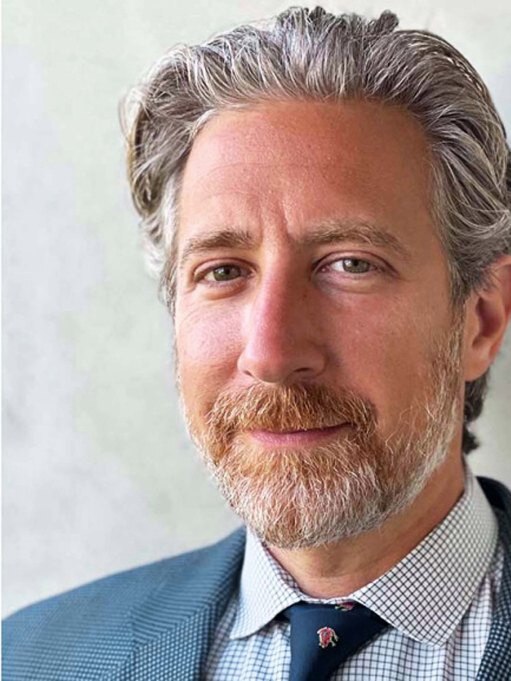
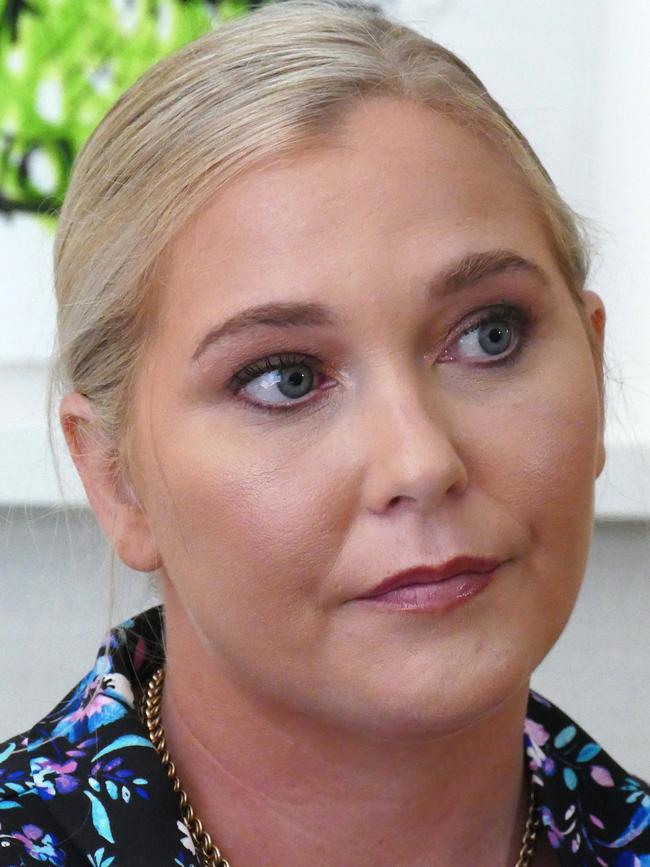
Brettler has in the past argued that the righteousness of the mob at the figurative palace gates clamours too loud to hear the truth of some of these cases, which is perhaps more nuanced than Twitter has time for. “There is an assumption of wrongdoing just based on an accusation, even an anonymous one,” Brettler said in an interview to the Hollywood Reporter this year, about the difficulty of defending clients in the #MeToo era. “Many media outlets don’t want to be seen as blaming the purported victim or be seen as an apologist for the accused.”
To see Brettler in context it is useful to contrast his career with that of his boss, Singer. Singer is now pushing 70 and old enough to be the father of Brettler, who is in his early forties. Brettler grew up in New Jersey and went to nearby Rutgers University. Both Singer and Brettler are New Yorkers, and more specifically both graduates of Brooklyn Law School, which has a reputation for dogged determination rather than the fancier intellectualism of big-brand law schools such as Harvard.
At a speech to Brooklyn Law School Singer said that Brettler impressed him by his litigation skills earned at a Wall Street firm, and on the strength of these Singer made Brettler a partner despite him not having Hollywood experience. That is, if you don’t count Brettler’s marriage to a TV actress, Erica Piccininni.
But 2017 was a watershed year not just for #MeToo but for the lawyers who defended a rising tide of these claims and their difficulty adapting to it. Remember, in February 2017 Vanity Fair hailed Singer as all-powerful; by November of the same year the Los Angeles Times headline of its profile of him was “Will Hollywood lawyer Martin Singer’s pit-bull tactics work in a post Weinstein era?”
In 2012 Singer was voted the Beverly Hills Bar Association’s annual Entertainment Lawyer of the Year, and 400 film business luminaries packed into a dinner held in his honour. The tone from celebrities was larky and unapologetic.
Mike Myers had this tribute: “Yea, though I walk through the valley of San Fernando, I fear no man: for my litigator is a mean son of a bi@*#”. Sharon Stone stood up at a microphone: “You call Marty because you need someone like Mike Tyson … Marty is such a badass motherf***er.”
She just clicks her fingers, Stone said, and Singer takes care of business. Charlie Sheen, whom Singer had rescued many times, was next in line at the microphone, with this epigraph: “Marty Singer might be the only person who’s f***ed more people in Hollywood than I have.”
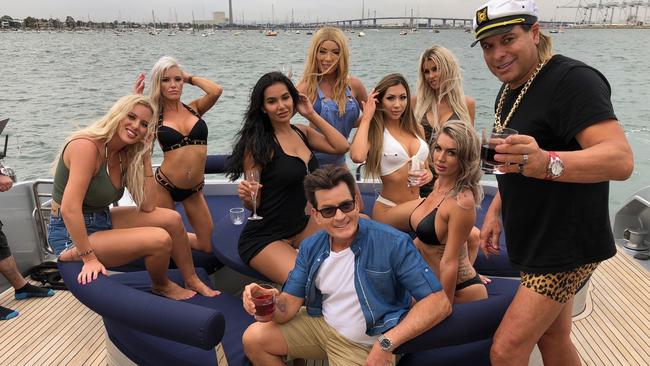
Singer was seen to have walked the line of public censure by parting ways with Bill Cosby and not taking on Weinstein as a client, both figures seen as beyond the pale in an industry whose reputation was fast declining from sleazy to the set of criminal cover-ups. Singer also earns the loyalty of female stars: Oprah Winfrey and Serena Williams, both personal friends to Meghan Markle and Prince Harry, have been Singer’s clients. But suddenly Singer found it much harder to counter social media claims. “It’s coming much faster,” he told the Los Angeles Times in 2019. When it’s on the internet “it’s there for ever”.
Singer’s company was also weakened by the fact that now the court of public opinion swayed against lawyers if people saw them as undermining or even menacing a usually less powerful woman. “I know people think I’m attacking victims. I’m this horrible person. I’m just trying to do a job,” Singer told the Los Angeles Times. “Nobody screws my clients. If someone tries to go after them, I look out for them as if they’re my family.”
“I think [things] are changing,” Singer said. “One accusation and a person is fired off a show … There’s a power now that exists.” He added: “I think it’s dangerous. The American system is you’re innocent until proven guilty.”
In this landscape Brettler began to find himself working mostly with famous men whose accusers had no doubt gathered strength if not public support from the #MeToo movement. Brettler does not come across as the combative, screenplay-ready figure of Singer.
It may be part of his insight, as a member of a younger generation than Singer, that it is difficult to fight the mighty guns of social media directly, but better sometimes to leverage its tendency to short attention spans and moving on to the next target. In an interview with NPR in 2019 on whether these men have a shot at redemption, Brettler said that, these days, allegations are “just as bad and damaging as a conviction”.
Even so, he continued, “sometimes the best defence is to not do anything, is to accept the punishment or whatever decision it is that the company made and stay quiet and better yourself as a person. Make whatever apologies need to be made, privately.”
Many of his cases are high-profile in the entertainment industry while not yet household names, but Brettler has been featured in the media coverage in relation to at least nine male actors, directors and comedians on grounds of sexual harassment or similar since 2017, promoting Brettler to the Hollywood Reporter’s Power List in 2019.
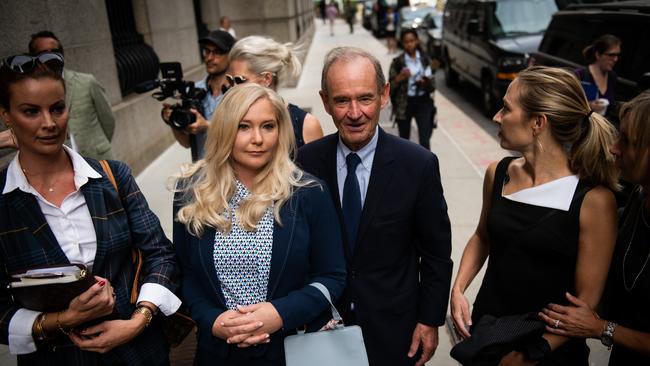
Prince Andrew is highly unusual in making it as far as court, which in normal celebrity terms would be seen as a rank failure for the legal team. Brettler tends to appear in the media only so far as to issue short and stark denials to the media on behalf of these men.
Bryan Singer is the director behind global blockbusters, such as The Usual Suspects, four of the X-Men movies, and Bohemian Rhapsody, that have earned more than $3 billion at the box office. However, Singer’s stellar career abruptly stopped in 2017, when he was accused of raping a boy at a yacht party in 2003.
Brettler, on Singer’s behalf, has denied these accusations. “Mr Singer has denied even knowing this individual,” Brettler said in 2019, “let alone allegedly having interacted with him more than 15 years ago.” Singer has not worked on film projects since.
Also in 2019 the American singer Ryan Adams (not to be confused with Bryan) was accused of engaging in sexually explicit communications with a fan when she was aged 14 until she was 16. Brettler denied that Adams “ever engaged in inappropriate online sexual communications with someone he knew was underage”.
Later that year Brettler secured a statement from the woman, reported in the Los Angeles Magazine, in which she said: “I was not truthful about my age in my texts and communications with Ryan and I repeatedly told him I was 18.” However, Adams felt his career was in ruins. “I felt like they were asking me to die,” he said of the fallout, the presumption of guilt and loss of friends and professional life.
In 2020 Brettler defended one client, the comedian Chris D’Elia, after accusations surfaced online that he had made sexual advances towards underage girls via social media. D’Elia issued a statement: “I know I have said and done things that might have offended people during my career, but I have never knowingly pursued any underage women at any point.”
This is typical of the Brettler approach, in both the D’Elia and Adams cases the emphasis in the statements was on what the men “knew” of their accusers.
Virginia Giuffre said that she has learnt that “Prince Andrew is not the prince from the fairytale stories you read”. True, fairytale princes do not tend to litigate with women in court; we will soon learn if Brettler’s battle-hardened experience over the past four post-#MeToo years adds any morals to this story.

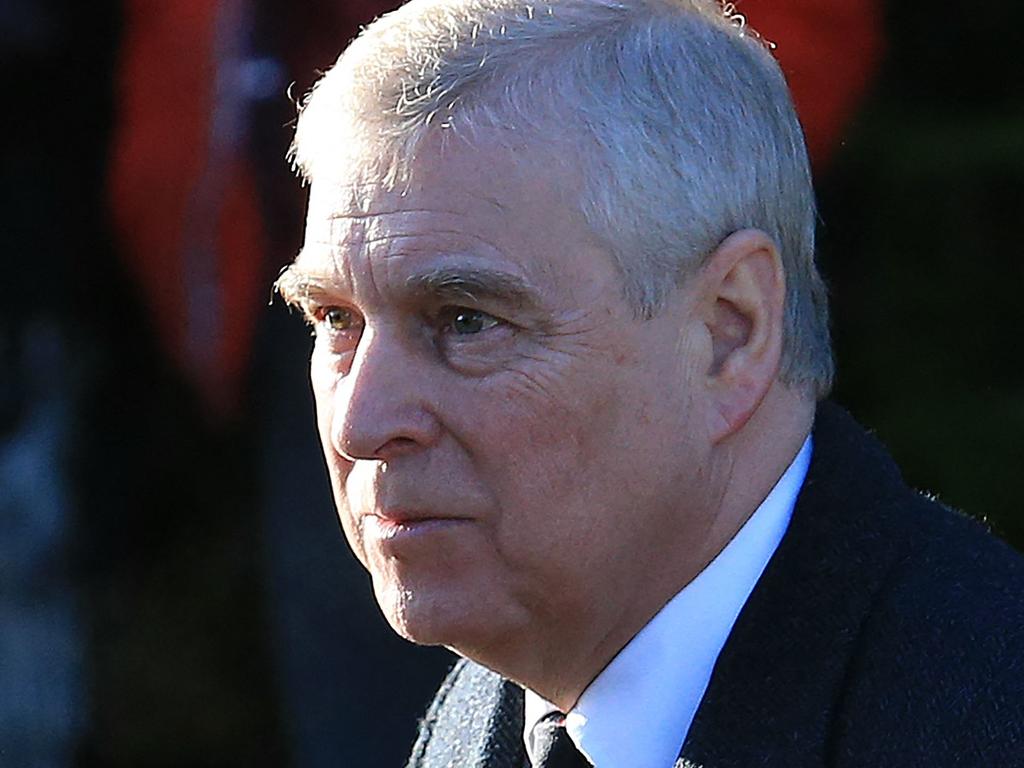
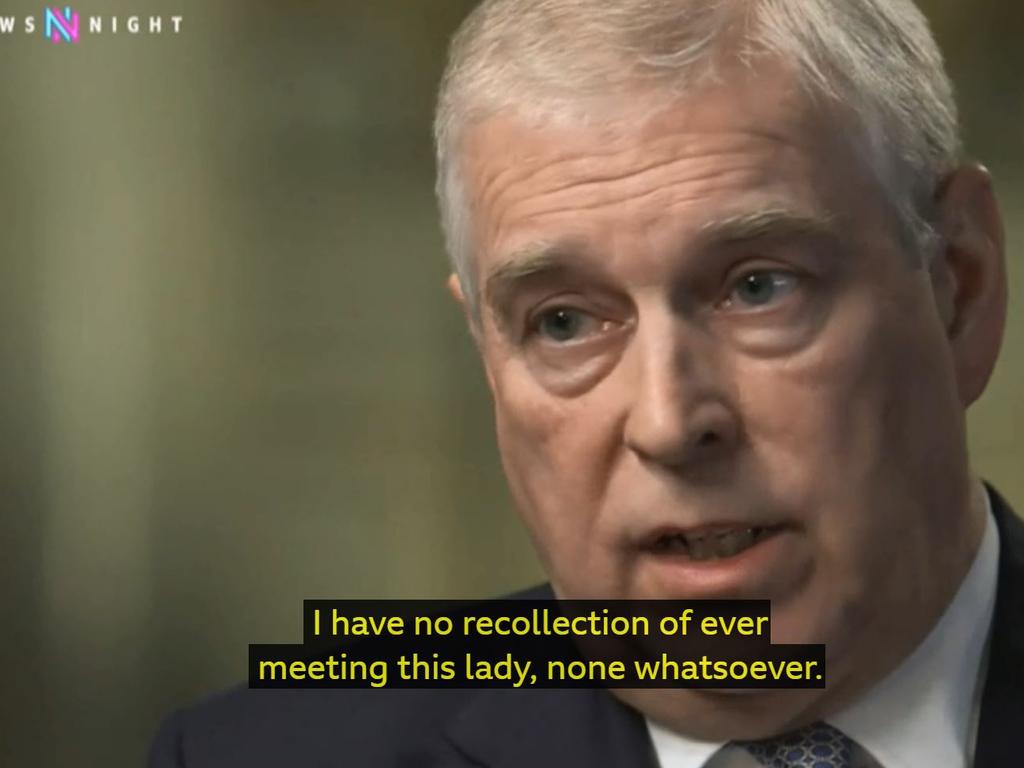
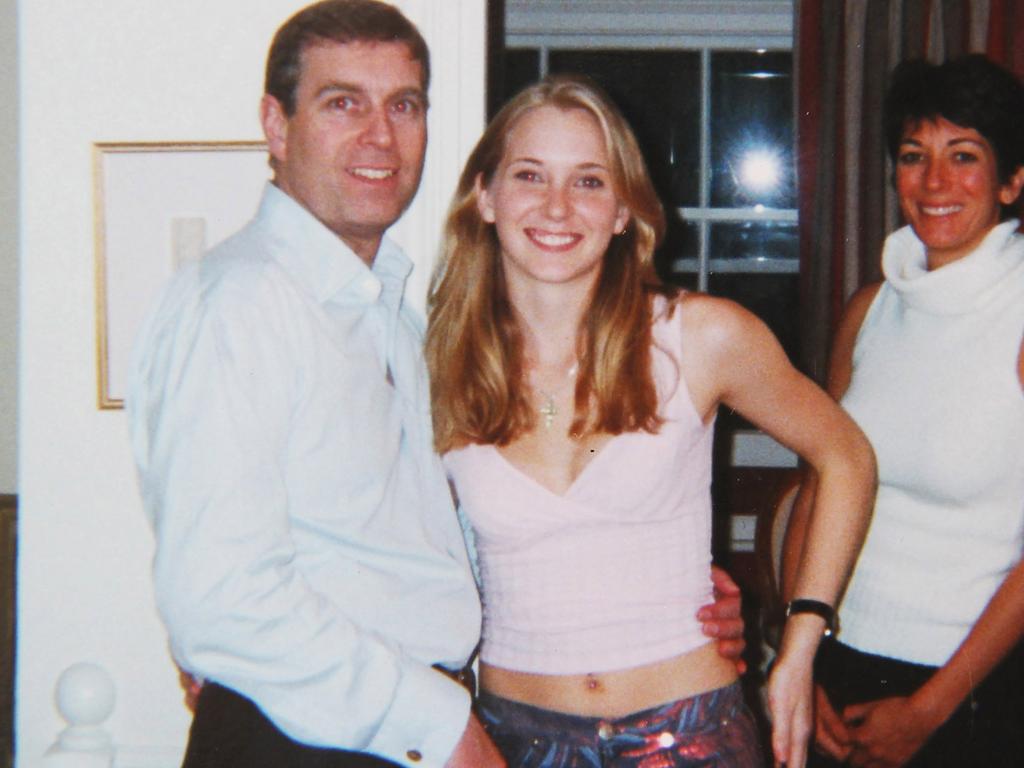


To join the conversation, please log in. Don't have an account? Register
Join the conversation, you are commenting as Logout